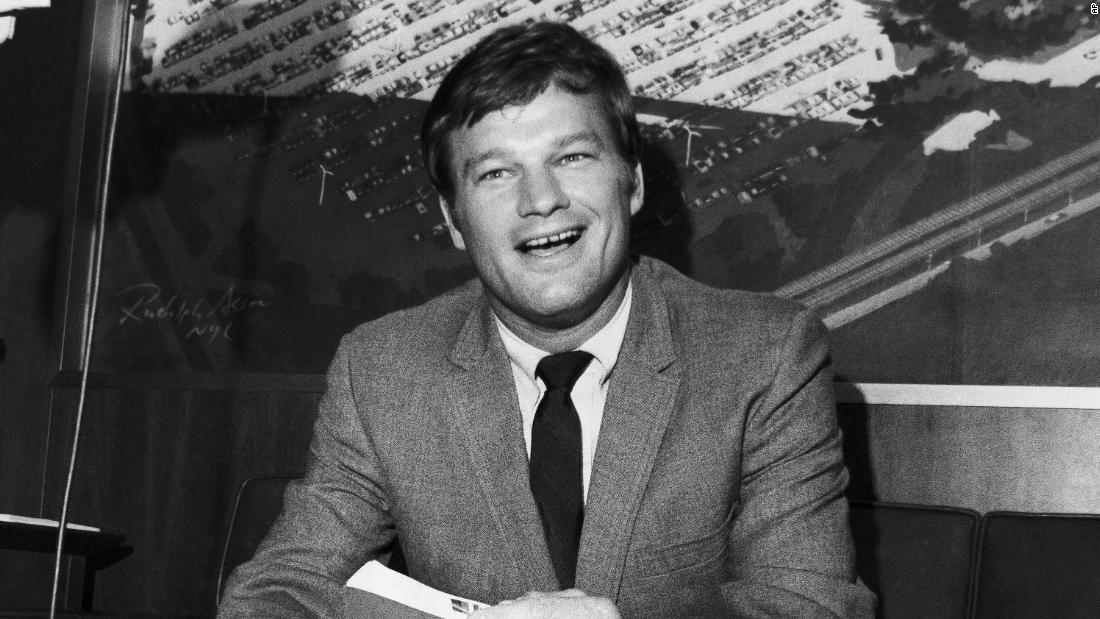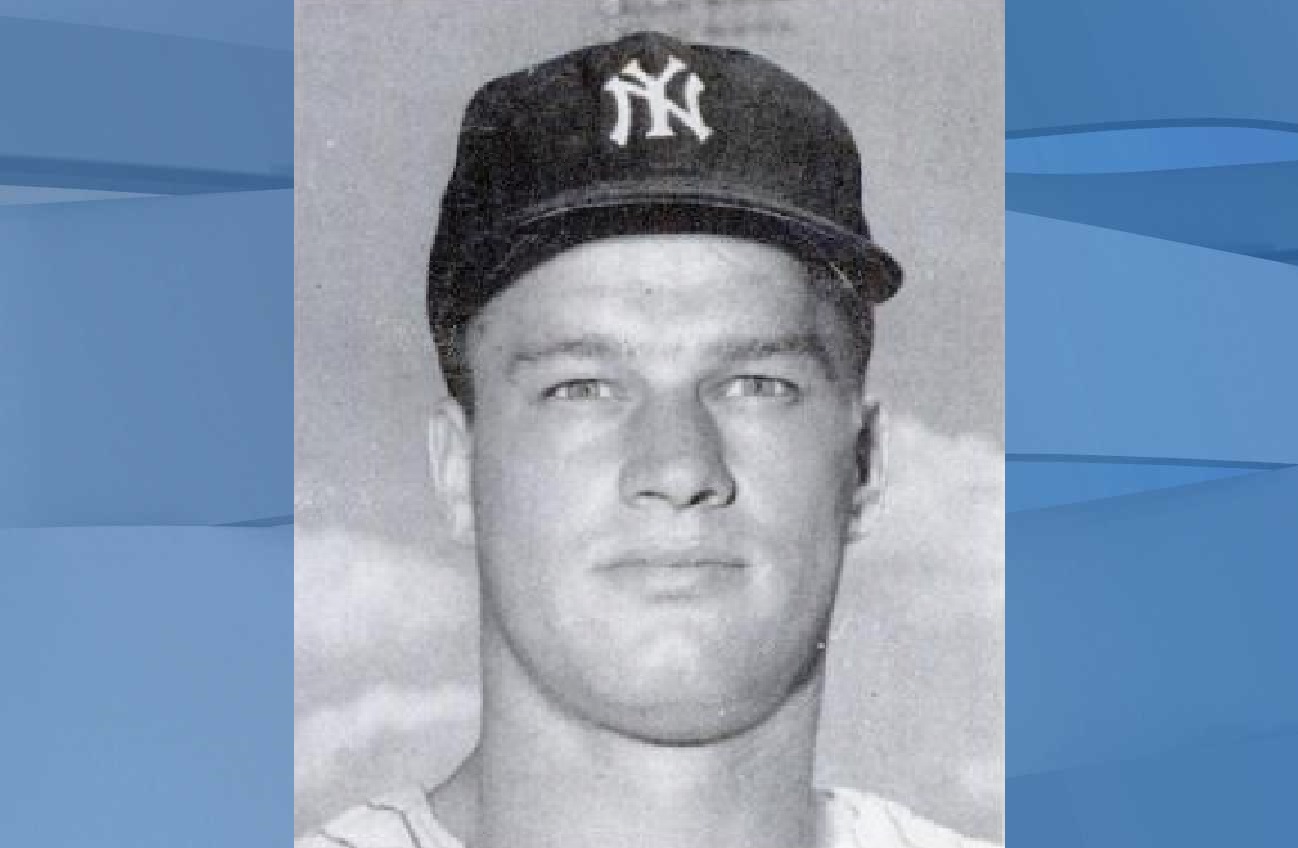
Nonetheless, Bouton was often vilified by hidebound sportswriters and ballplayers.

In Harper’s magazine, author David Halberstam called “Ball Four” a “book deep in the American vein, so deep in fact that it is by no means a sports book.” Bouton had broken baseball taboos, they fumed, revealing that players cheated on their wives, took amphetamines, drank to excess and cursed with colorful abandon.īaseball commissioner Bowie Kuhn wanted “Ball Four” banned and summoned Bouton to his office, demanding that he repudiate his own book.īouton refused to change a word, and the publicity helped make “Ball Four” one of the best-selling sports books of all time, with more than 5.5 million copies in print. When excerpts appeared in Look magazine, guardians of baseball’s traditions - including sportswriters, players and executives - were aghast. With ‘Ball Four,’ I never meant to make an investigation of a subculture.

“When I made it to the Yankees,” he told the New York Times in 1983, “it was like walking in this wonderland,this crazy place. But no one had ever captured the humor, profanity and pathos of a major-league clubhouse with the candor that Bouton did in “Ball Four.”

It was in the form of a season-long diary and was modeled in part on “The Long Season,” a 1960 book by bigleague pitcher Jim Brosnan. “Ball Four” - the title was suggested by a woman who overheard Bouton talking about his project in a bar - was published in 1970, with the editorial help of sportswriter Leonard Shecter.


 0 kommentar(er)
0 kommentar(er)
